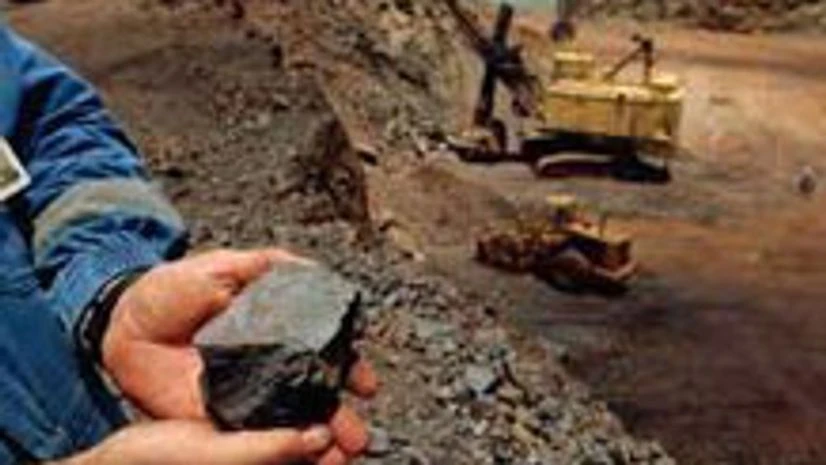The fall in demand for steel from the automobile sector has started taking a toll on downstream entities. This financial year, sponge iron producers shut about eight per cent of the industry's production capacity. About 11 per cent of the output was cut last financial year, as high input costs led to squeezed margins.
Demand for sponge iron or direct reduced iron (DRI), used as raw material in steel production, mirrors the growth in India's steel sector, which moves in tandem with economic growth.
Data from the Society of Indian Automobile Manufacturers showed at 158,513 units, car sales had fallen 25.7 per cent in February, the steepest fall in 12 years and the fourth consecutive monthly decline. For the first 11 months of this financial year, car sales fell 4.6 per cent. The automobile industry is set to see its first decline in annual sales in a decade.
Steel sheets for cars are made from sponge iron and demand for such sheets has fallen sharply in recent months.
"Until January, sponge iron output was 7.5 per cent lower. Therefore, we expect by the end of this financial year, production would stand at 19 million tonnes (mt)," said Deependra Kashiva, executive director, Sponge Iron Manufacturers Association.
Against 23.26 mt in 2010-11, DRI output is set to decline about 20 per cent this year. From no DRI imports in 2010-11 and imports of merely 48,000 tonnes in 2011-12, DRI imports rose to 6,68,000 tonnes in the first 10 months of this financial year. Imports of steel scrap, a DRI substitute, rose to 6.96 mt between April 2012 and January, against 4.9 mt in 2011-12 and 4.2 mt in 2010-11.
This financial year, imports of both scrap and sponge iron are likely to result in foreign currency outgo of $3.5-4 billion. "With the country facing a burgeoning current account deficit and the finance minister taking all steps to control the deficit, here is an industry that has been begging to restrict the foreign currency outgo. But so far, the government has been undermining our arguments. Foreign currency can safely be protected by promoting the domestic industry. We are not demanding any incentive. We are simply urging the government to levy import duty, which would save foreign currency and protect the interests of domestic players," said Kashiva.

"With downstream players hit hard, the government's steel production target is going to turn unrealistic," said Amitabh Mudgal, vice-president (marketing and corporate affairs), Monnet Ispat. He added perhaps, the government was working according to the draft National Steel Policy, which said the ratio of sponge iron to steel should be reduced from 35 per cent to 25 per cent in a couple of years. This meant while steel capacity would rise, sponge iron capacity would either fall or remain flat, he said.
Barring a couple of rises, sponge iron prices remained flat in the last three months. Currently, these trade at Rs 20,000 a tonne. Considering the high costs of iron ore and coking coal, this is unprofitable for independent producers. Mudgal said with a linkage of raw materials such as iron ore and coal, this was a breakeven price level.

)
